On International Women’s Day, WARC’s Genevieve Silk looks at campaigns that have sought to improve the lives of women globally.
“Break the bias” is the focus of 2022’s International Women’s Day which will rally people of all genders from all corners of the globe to stand together in solidarity on 8th March and call for a world free from gender bias, discrimination and stereotyping.
Here, we look at six brands from around the world that have dedicated their campaigns to improving the lives of women, be it through validating their experiences with their own bodies, seeking to end child marriage and domestic violence, or advocating for the equality of the sexes in all sectors of society.
Libresse and TENA validate the highs and lows of female bodies
Women’s reproductive pain is simultaneously expected and denied, so menstrual product brand Libresse (known as Bodyform in some markets) shattered stereotypes of pain by launching a Pain Dictionary in March 2021. Libresse commissioned The Outsiders to conduct global qualitative research into women’s experiences of reproductive pain, particularly endometriosis, and published a ‘Pain Report’. Women’s and womb-bearers’ metaphorical descriptions of pain helped create a visual and verbal pain dictionary to help other people put their pain into words, and a supporting film sparked conversations around painful bodily experiences that are often still shrouded in shame and silence. Although the campaign by AMV BBDO was only launched in 30 countries, it soon spread to over 150. The film was viewed over 100 million times and the Pain Dictionary and Pain Report were received very positively by women across the globe.

Around one in three women in the UK has incontinence, but few admit to it and fewer still wanted to be associated with the incontinence products brand TENA. To tackle the stigma of bladder weakness, TENA set out to redefine society’s perception of ageing with its campaign Ageless by BBDO and celebrated the confidence of older women who refused to be ashamed of their bodies. There are incredibly few positive representations of older women enjoying sex, and sexual intimacy is one of the first things people assume that women with incontinence are no longer entitled to enjoy. TENA’s qualitative research, however, found that only 10% of women over 50 said that incontinence had negatively affected their sex lives. TENA set out to highlight this disparity with its film Ageless, which focused on ageing, intimacy and incontinence. The film was viewed over 25 million times and, within the target audience, the brand link was among the highest ever seen for incontinence advertising in the UK and almost double that of TENA’s competitor.
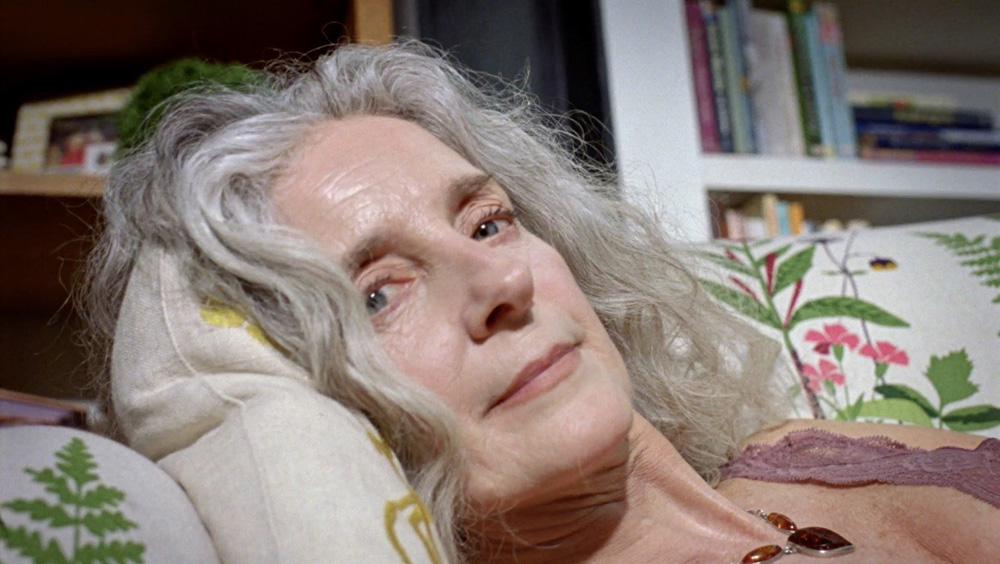
RDFL and Aguila strive to eradicate abuse of women in the home
Women’s role in Lebanese society is centred on bringing children into the world and taking care of the home. In a culture where men are always heard and women are not, the problem of child marriage is prevalent and a law preventing it has still not come into force. Despite campaigns showing the damage that forced marriage inflicts on children, many are oblivious to the consequences. The Lebanese Democratic Women’s Gathering (RDFL), a secular non-governmental women’s protection organisation, campaigned to put an end to child marriage by working with Wunderman Thompson Beirut to create a fake e-matchmaking agency, which allowed families to believe they were choosing the young bride they wanted. RDFL then set up a booth in a mall and used hidden cameras and microphones to record people’s reactions. The organisation was featured on a popular Lebanese TV show known for tackling societal issues; during the show, RDFL’s website was launched, telling the stories of the horrors that had befallen young, forced brides and prompting people sign a petition to end child marriage. Over six million people engaged with the campaign, both online and on the ground, and RDFL’s greatest result was to get a law scheduled for discussion in an upcoming parliamentary hearing.
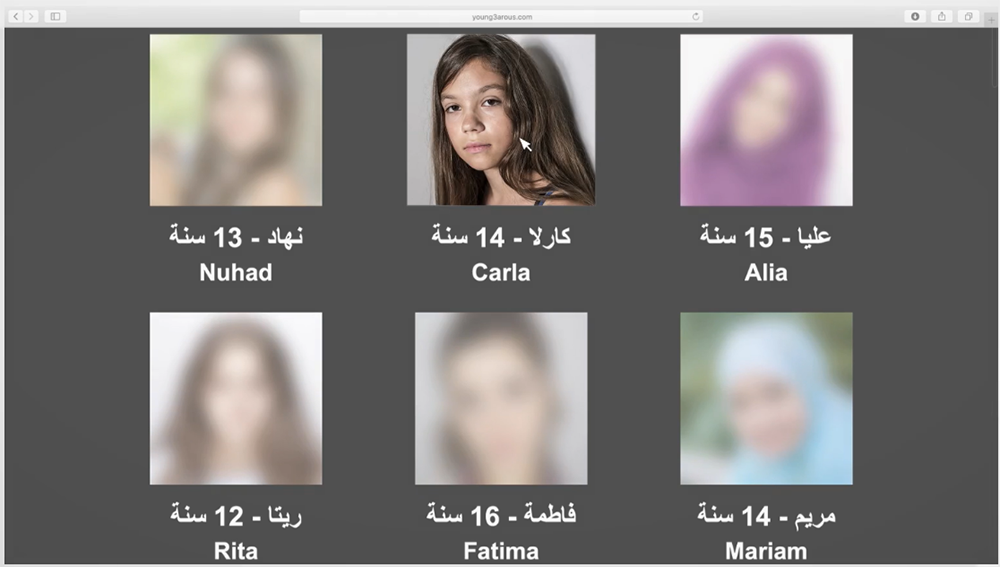
Studies show there is a strong link between excessive alcohol consumption and domestic violence, rape and even homicide. In most cases, the victims are female. On International Women’s Day, Colombia’s leading beer brand, Cerveza Aguila, redesigned its mandatory disclaimer about the health dangers of alcohol to deliver a statement about violence against women. The disclaimer was read out on radio and TV by real survivors of gender-based violence who shared their stories of alcohol-induced abuse at the hands of men. In doing so, Aguila flipped the script and highlighted the dangers of excessive alcohol consumption, not to the consumer but to their loved ones. Aguila also launched a website encouraging women to record their own disclaimers and share their stories of suffering at the hands of drunken violence. The campaign via MullenLoweSSP3 snowballed on social media, reaching 10 million people, before being picked up by the biggest media outlets and generating $3 million in earned media.
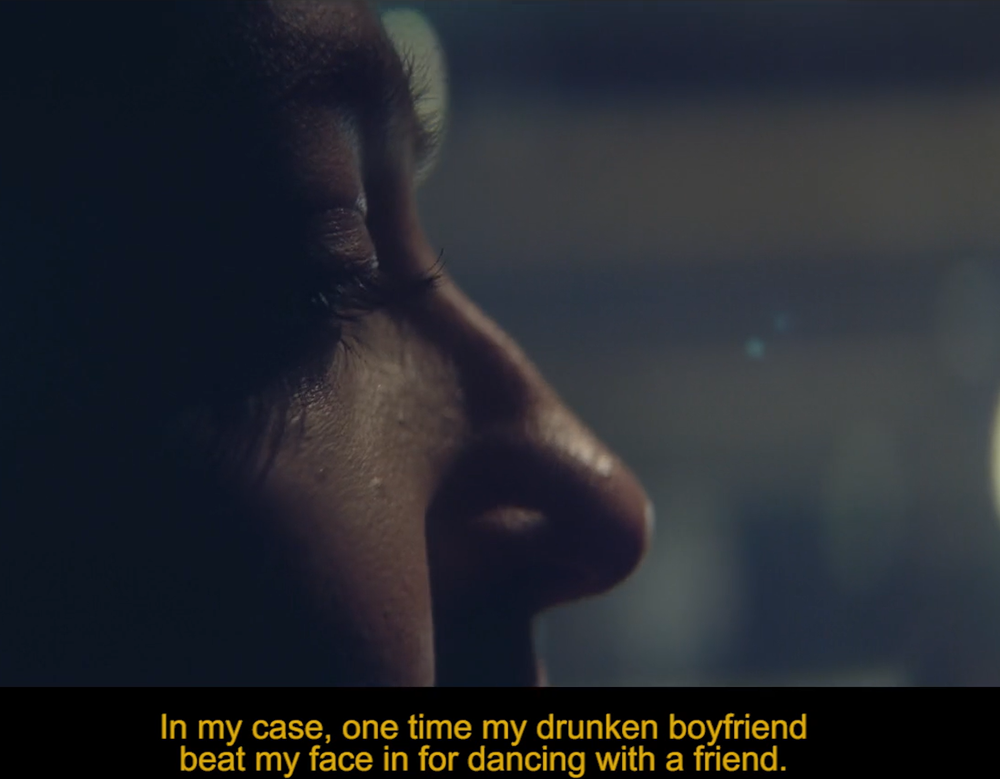
UN Women Australia and Nigerian Air Force challenge gender inequality
Australia was swathed in apathy and complacency in the face of gender inequality and violence against women. More and more women were stepping forward to accuse public figures of sexual assault and harassment and hundreds of university students were sharing their stories of experiencing sexual violence. Public awareness of the problem, however, was not the issue, it was the response to it. UN Women Australia (UNWA) found that the proportion of organisations setting targets to increase female representation on governing bodies had been flat at 8% for four years and that organisations with a greater proportion of women tended to be the least ambitious in pushing for change. No matter the size or importance of the problem, Australians had a habit of avoiding uncomfortable truths with a simple “She’ll be ’right”. UNWA turned this phrase into a question by working with The Monkeys to launch the campaign When Will She Be Right? across OOH and social media, headed by a touching film.
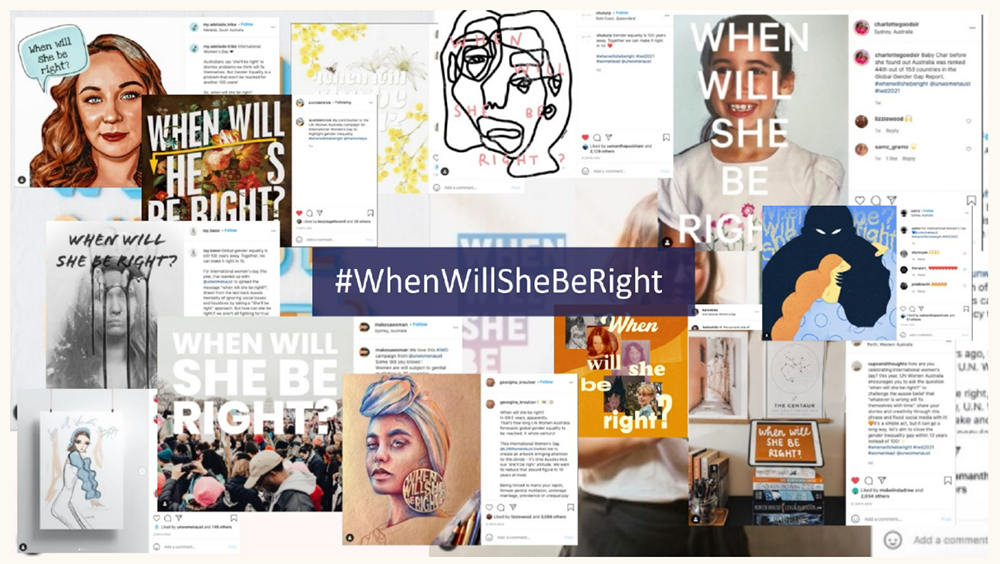
The Nigerian Air Force (NAF) countered the stereotypical notion that women have no place in combat zones by highlighting how female inclusiveness in the military is paying off for Nigeria with its Women of War campaign. Through video and other counter narratives on the field, the NAF portrayed how women of war have persistently demonstrated fearlessness and courage as pilots, combatants and armament specialists among countless other positions. The video attracted over 127,000 views on Facebook and over 145,000 views in YouTube and was shared over 3,000 times. The campaign by Image Merchants boosted the morale of female troops and encouraged more Nigerian women to enlist in the NAF.
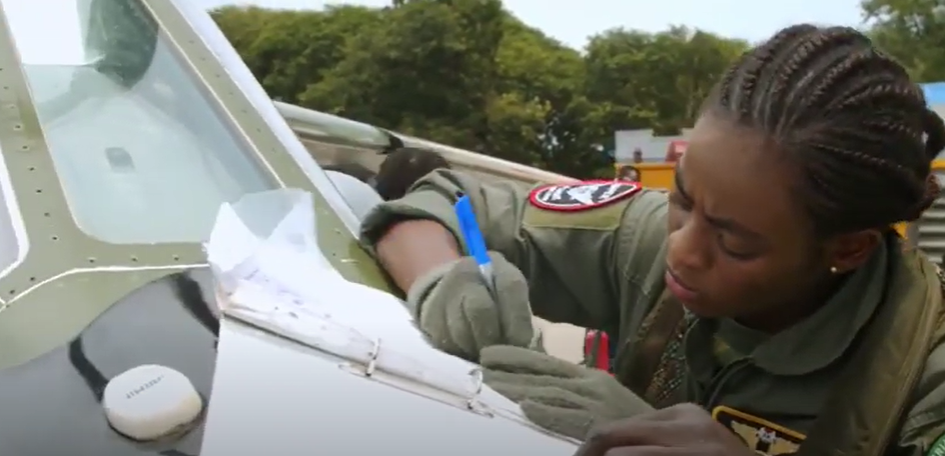
Setting the ball rolling
Breaking down bias involves pulling back the curtain on topics that are often rooted in stigma and shame. By bringing these topics to the forefront of the discussion and initiating a conversation about the often hushed-up issues that women face, these brands have set the ball of social change rolling, helping pave the way to a more just and equal world.

